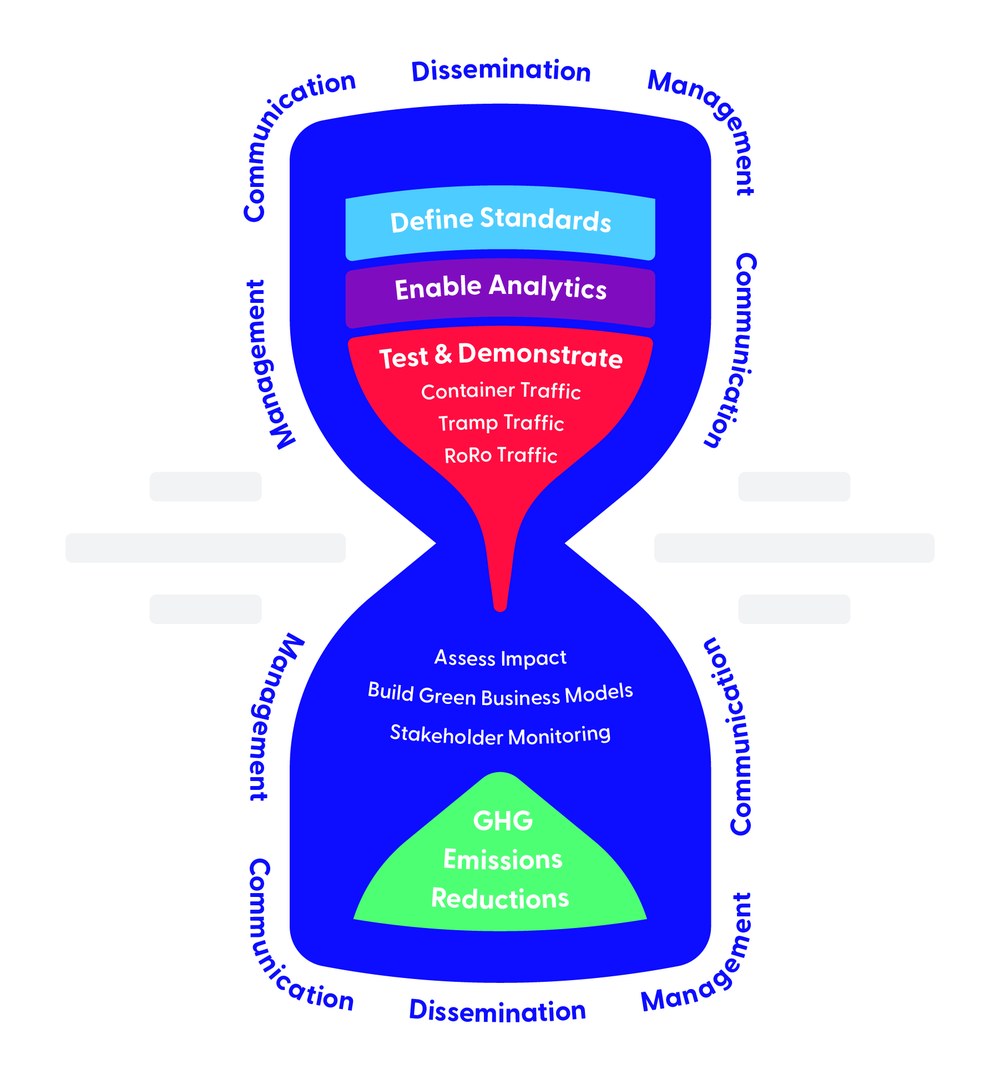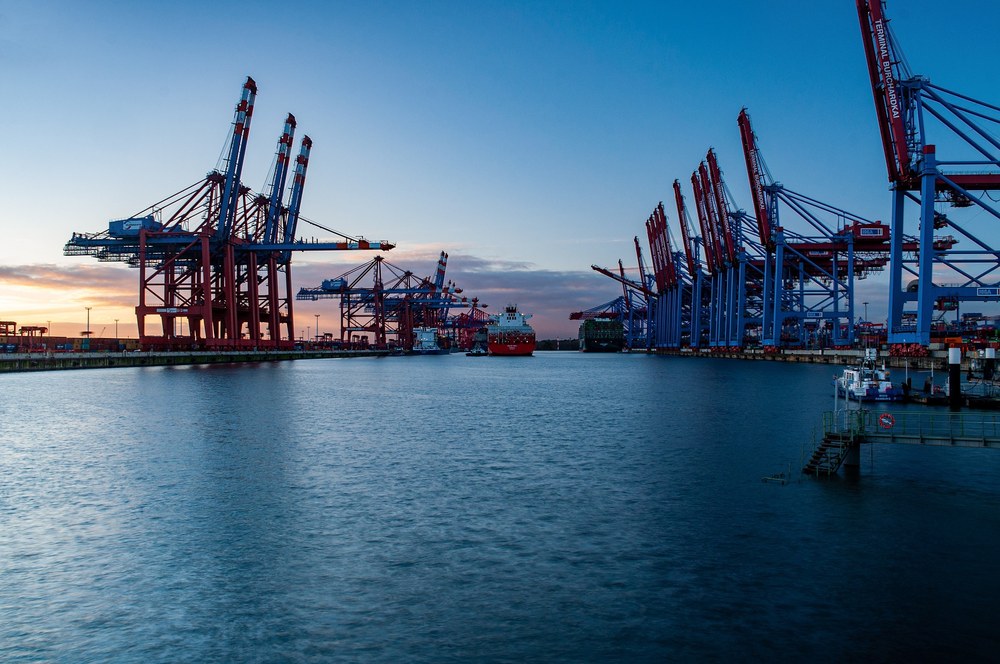MISSION
Project duration: January 2024 - June 2027
Maritime transport accounts for over 80 % of global trade, and the EU is home to the world’s largest shipping fleet. However, the European shipping industry is faced with the challenge that ships arrive at a crowded port and receive instructions to either wait outside the harbour or anchor until port services and a berth are available. Most ports serve ships on a first-come first-served basis, leading to inefficiencies and negative environmental impacts. Additionally, this creates unbalanced port resource utilisation with high peaks leading to severe congestion and logjams that cause rippling effects across industries.
Improving the efficiency and safety of vessel operations arriving at and departing from ports will have a huge impact in the European maritime sector, translating to economic gains for the actors involved (e.g., port authorities, shipping companies, terminal owners, and operators, etc.) and environmental benefits for the society. Decreasing the waiting time of vessels in ports and port areas, accelerating their operations, and thus reducing their fuel consumption will reduce greenhouse gas emissions and have considerable benefits for the health and quality of life of near-port communities.

missionproject.eu
The MISSION project aims to digitalise important information on time stamps of operations and make them available in real time for stakeholders in the maritime sector to enhance maritime efficiency and safety and protect people's health by decreasing port traffic, associated costs and greenhouse gas emissions. The project's outcome will not just be a new software system for the shipping industry, but an integration and extension of existing systems with just-in-time port call functionalities, so that stakeholders can communicate effectively with each other. Through these efforts, researchers expect that fuel consumption will be reduced by up to 23% on the overall voyage and port call including the shore side. In the MISSION project expertise from academia, research organisations, and the maritime industry is combined for maximum impact.

missionproject.eu

missionproject.eu



